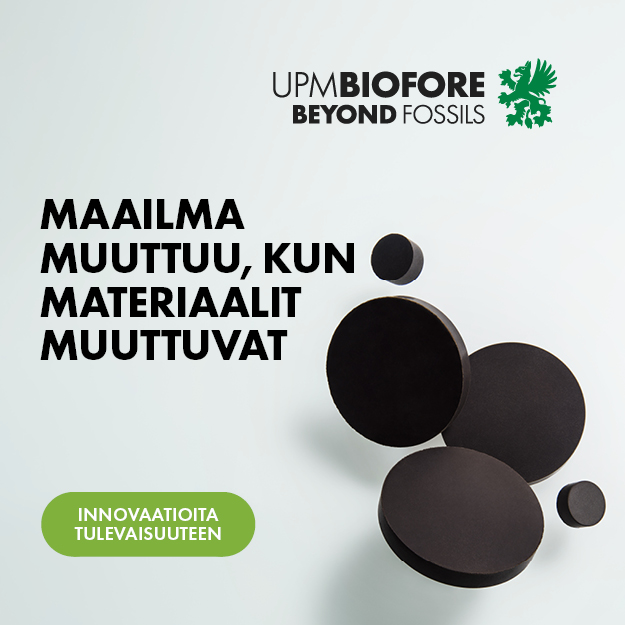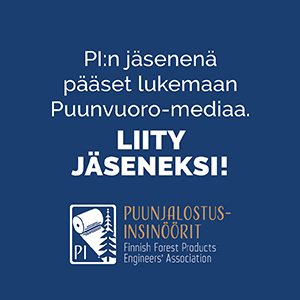According to Johan Elvnert, the Swedish managing director of FTP (the Forest-based Sector Technology Platform), cooperation is equal to power.
“At the beginning of the 2000s, it became clear that what was needed to boost the competitiveness of the EU’s forest sector was increasingly close collaboration in research and development work.”
FTP, which brings together the industry’s key operatives, was established in 2005. The technology platform’s owners consist of the paper and woodworking industry representatives CEPI and CEI-Bois as well as CEPF and Eustafor, organisations that represent European forest associations and owners.
Forging ahead with clear strategies
The work of the Brussels-based FTP is guided by two key documents, Vision for 2030 and the Strategic Research Agenda (SRA).
Vision for 2030 describes the European forest sector’s common views of the industry’s future and how the vision’s implementation benefits Europeans, while the Strategic Research Agenda covers the research and innovation measures undertaken to achieve the goals of the vision.
The objectives detailed in the SRA are divided into thematic areas which consist of the responsible management of forest resources, creating an industrial leadership for the sector, and fulfilling consumer needs.
The fourth, and in many ways not the least but rather the most challenging, of the themes involves mapping the future of a bioeconomy-based society.
Given that bioeconomy, as a rising megatrend, is now consistently in focus, FTP is involved in the Bio-based Industry Consortium (BIC) as a founding member.
The Bio-based Industries’ (BBI) Joint Undertaking—a partnership of the EU and private bio-based industries established last year and worth approximately EUR 3.7 billion—also seeks to answer the special challenges of the bioeconomy’s product development.
Solutions are a must
According to Elvnert, the Strategic Research Agenda’s goals and themes are important in every way. The reason for this is that whenever one is discussing funding with the European Commission, circumspect plans are inadequate. Instead, the Commission expects to hear concrete proposals for solutions to existing and even future challenges.
In 2008–2012, the European forest sector obtained some EUR 450 million worth of EU framework programme funding for its research initiatives. In the first year of the EU’s Horizon 2020 framework programme for strategic innovation and research, established in 2014, the forest sector received a total of EUR 126 million in funding for research and development initiatives considered important. The sector is aiming for research funding totalling roughly a billion euros throughout the entire period of Horizon 2020.
Text: Jaakko Liikanen
Photo: Sampo Korhonen



